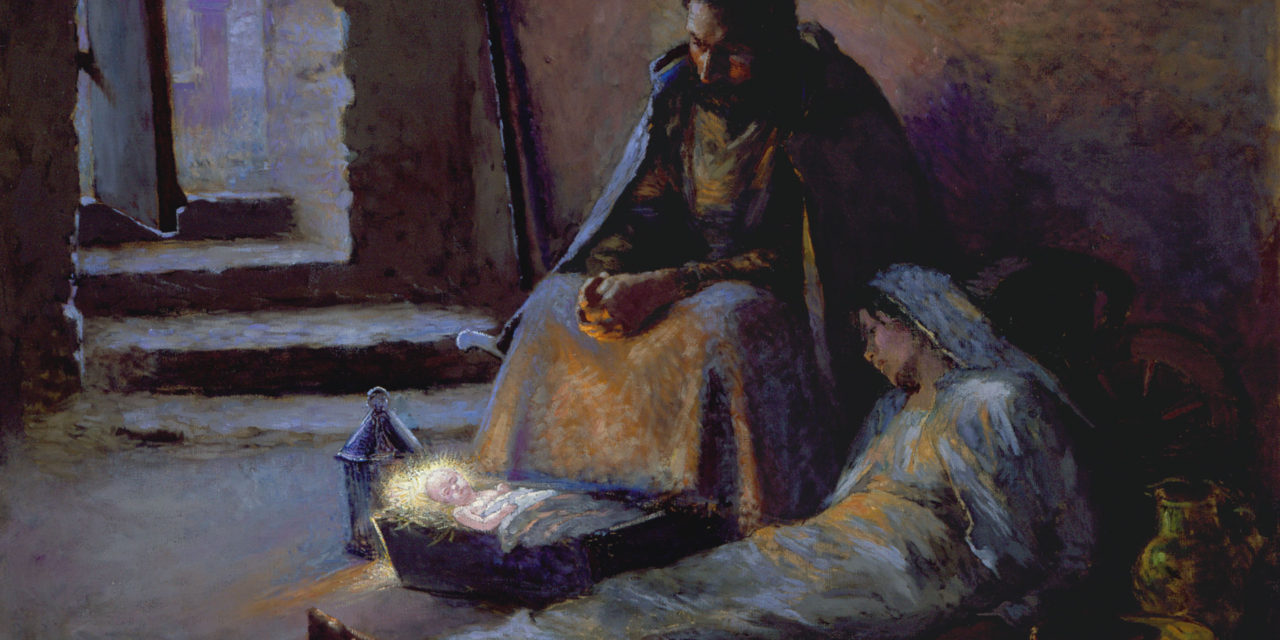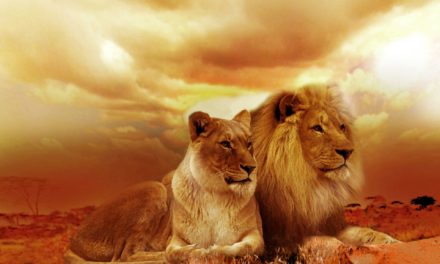God became human so that humanity could become divine.”
~Saint Athanasius, 2nd Century
Before it became an imperial religion at the Council of Nicaea in 325 CE, Christianity was no more nor less than the unconditional embrace of your own humanity as the dwelling place of God.
At first, there was no scripture: the Word of God was this breath. There was no cathedral: the temple was this body.
Christmas was the story of the ordinary, full of common things that demand no esoteric interpretation: a stable, a feeding trough, a mother and her baby, quiet animals in the hay. The Good News was clear: Incarnation is a gift. This flesh is not a limitation on our consciousness, but a vehicle to express Spirit in form.
Rejoice in the grace of your humanity, in the luminous suchness of things as they are. For that is when the power to change the world wells up in the fountain of your chest, as the Breath of the Holy, not as your “do”-ing.
Infinity dwells in us when we deign to dwell infinitely in our own bones. This is the covenant: be boundlessly local. There is no greater Mystery than the birth of Christ-Consciousness in the poverty, the darkness, the hollow at the center of Now.
Hence the earliest Christian poem, set in the Greek text of Philippians 2, speaks of Christ’s “kinosis,” which means “self-emptiness.” Jesus “emptied himself” to become human, passing through the center of the cross, where opposites converge, because that is the only path to becoming God.







It’s interesting, much the same thoughts as myself. Yet… I wonder!
Throughout the ages of humankind, each generation has been evolving the word religion..
Religion is but a control to me! So, you ask yourself what is spirituallity?